Tool ripe for abuse: HRW
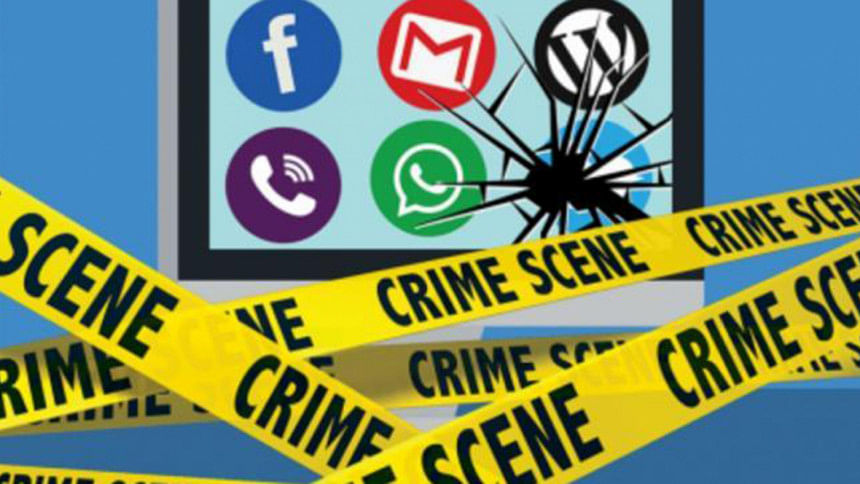
The Digital Security Act, which replaces the much-criticised Information and Communication Technology Act, retains the most problematic provisions of the ICT law and adds more provisions criminalising peaceful speech, Human Rights Watch said yesterday.
It said the act passed by parliament last week, despite vehement opposition from the country's journalists, "strikes a blow to freedom of speech in the country".
"The new Digital Security Act is a tool ripe for abuse and a clear violation of the country's obligations under international law to protect free speech," Brad Adams, Asia director of HRW, said in a statement.
"With at least five provisions criminalising vaguely defined types of speech, the law is a licence for wide-ranging suppression of critical voices," the statement said, adding, "Several provisions violate international standards on free expression."
On Section 21 which authorises sentences of up to 14 years in prison, the HRW said the UN Human Rights Committee has expressly stated that laws that penalise the expression of opinions about historical facts are incompatible with a country's obligations to respect freedom of opinion and expression.
The committee is an independent expert body that monitors compliance with the International Covenant on Civil and Political Rights (ICCPR) to which Bangladesh is a party.
About Section 25 (a), the global rights watchdog said publishing information that is "aggressive or frightening" is not defined in the law. The vagueness, combined with harsh potential penalty, increases the likelihood of self-censorship.
With no clear definition of what speech would be considered a violation of Section 31, the HRW said the provision leaves wide scope for the government to prosecute speech it does not like.
The statement also highlights sections 28, 29 and 31 of the new law which grants law enforcement authorities wide-ranging powers to remove or block online information that "harms the unity of the country or any part of it, economic activities, security, defense, religious value or public order or spreads communal hostility and hatred," and to conduct warrantless searches and seizures if a police officer has reason to believe it is possible that "any offense under the Act" has been or is being committed.
Journalists in Bangladesh opposed Section 32 of the law, which authorises up to 14 years for gathering, sending, or preserving classified information of any government using a computer or other digital device, noting that doing so is a means to expose wrongful actions by officials, the HRW said.
The UN Special Rapporteur on the promotion and protection of the right to freedom of opinion and expression has stressed the need to protect, not to prosecute, those who disclose information in the public interest. The Global Principles on National Security and the Right to Information make clear that journalists should not be prosecuted for receiving, possessing or disclosing even classified information to the public.
"The passage of this law utterly undermines any claim that the government of Bangladesh respects freedom of speech," Adams said. "Unless parliament moves swiftly to repeal the law it just passed, the rights of the country's citizens to speak freely will remain under serious threat."
In Bangladesh, the Editors' Council and various other journalists and reporters' organisations as well as RTI Forum have strongly protested the passage of the act, saying it is "against the freedom of the media and speech guaranteed by the constitution."

 For all latest news, follow The Daily Star's Google News channel.
For all latest news, follow The Daily Star's Google News channel. 


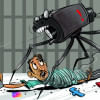
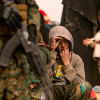

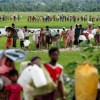

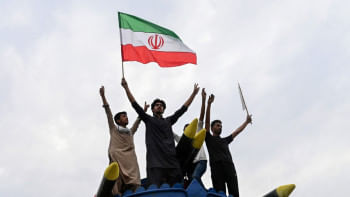
Comments